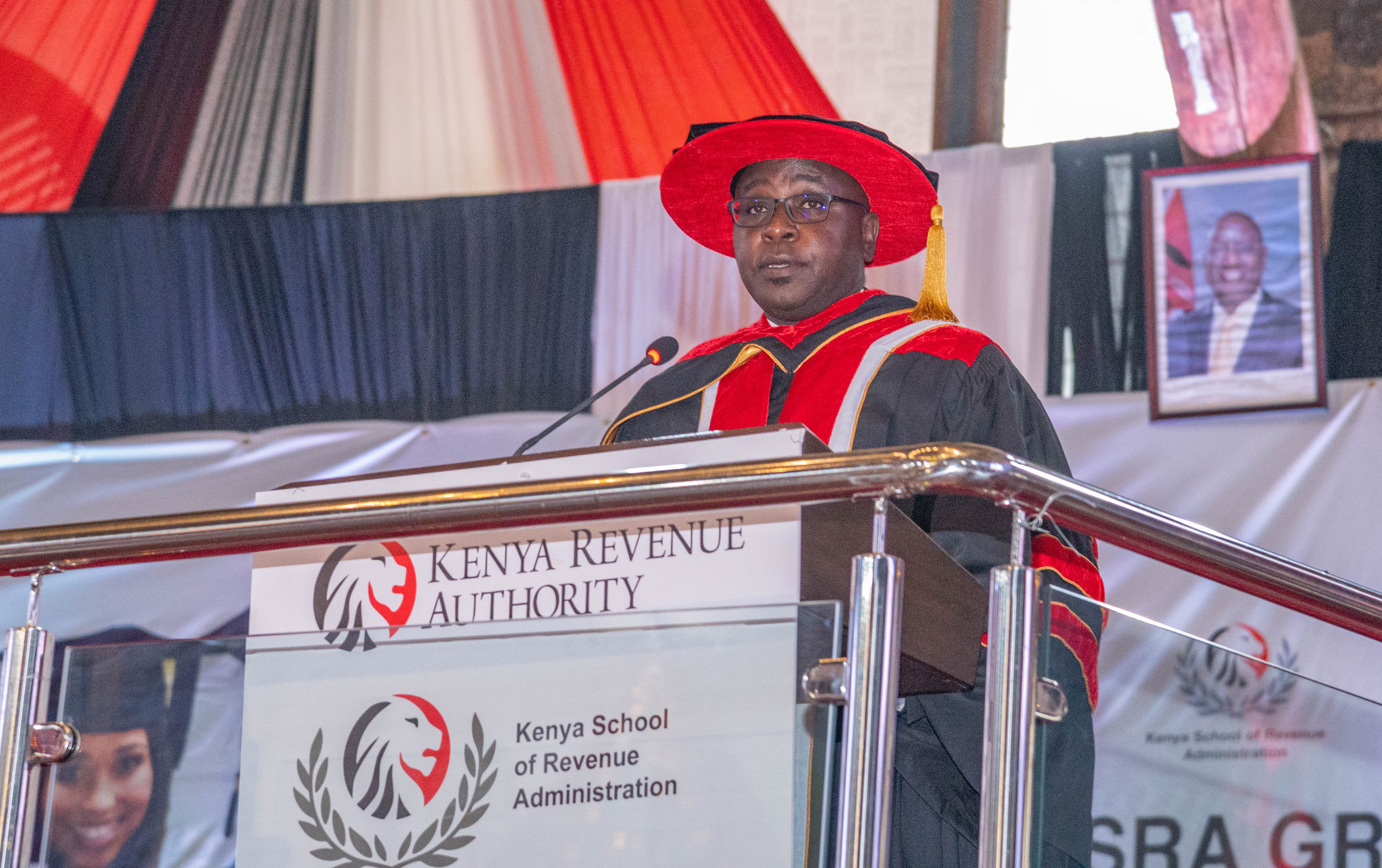Why Sonko is right to reject city budget

The Public Finance Management (PFM) Act stipulates that from the financial year 2014/15 onwards counties should prepare their budgets in a program-based format. The approved Program-Based Budget (PBB) is a critical document when read together with county budget implementation reports, citizens can track budget implementation against approved expenditure during the course of the year.
PBBs also give the public an opportunity to see how the county assembly amended the proposed budget during the approval process. PBBs also provide details on approved spending within sectors, giving programs and subprograms spending with their objectives as well as spending on staffing and the purchase of goods and services.
These spending may change within the year if the need for a supplementary budget arises.
The PFM Act sets the Annual Development Plan (ADP) as the document that anchors county annual budgets. In a sense, the ADP is a one-year extract of the five-year County Integrated Development Plan (CIDP) that describes how the county government is responding to current and emerging economic issues.
Thus, if citizens want to know what to look for in the budget, they should start with the CIDP, then the ADP, and then the Budget Estimates. ADP’s should be published and publicized within one week of tabling in the county assembly specifically by 1 September.
For the public to understand the decisions being made by the County government, and justifications for different priorities funded in county budgets, citizens need access to budget information.
Public participation is a constitutional requirement specifically, Article 1 that states that sovereign power belongs to the people and Article 10 (2) (a) and the Fourth Schedule Part 2 (14) of the Constitution of Kenya and is stipulated as a function of the County Government.
Sections 87 to 92 and 115 of the County Governments Act, 2012 outline the principles of public participation and the imperative for facilitating public participation in the work of the County government.
Public participation is a structured way of consulting with persons, groups and entities before decisions are made. It is designed to give a voice to the voiceless”.
It is important to observe that the County government is an agent of the people.
Public participation is not meant to convey decisions already made, but to generate and confirm decisions. It is not a political process but a non-partisan process that involves the agent going to ‘take instruction and direction’ from the people.
Additionally it is vital to assert that development planning, budgeting, fiscal and implementation transparency is essential to fight corruption, which predominantly hurts the poor and marginalized.
Transparency and broad-based public participation, as opposed to lobbying by elites behind closed doors are important determinants of whether public infrastructure such as hospitals, schools, roads, electricity and water supply are well planned, well built, and well maintained; public services are of good quality and generally deliver what the public wants; and tax officials are honest in their dealings with taxpayers.
It is the legal position that if the process leading to the enactment of a law and or policy is constitutionally flawed, then the resulting legislation and or policy is also constitutionally defective. *This has been affirmed by courts in different instances. *
The Constitution of a nation is not simply a statute which mechanically defines the structures of government and the relationship between government and the governed.
It is a mirror reflecting the * “national soul”, * the identification of ideas and aspirations of a nation, the articulation of the values bonding its people and disciplining its government.
In this regard, The democratically elected Nairobi County Government has a constitutional obligation to execute its legal finance and economic planning mandate to facilitate Nairobi residents fully participate in the planning and budgeting making processes for the FY 2020/202. This mandate was not part of unprocedural and illegal transferred functions.
The illegal Nairobi Metropolitan Service does not derive any legal and constitutional powers and mandate from the people of Nairobi in matters of finance and economic planning.
Nairobi City County Governor H.E Mike Sonko has a constitutional obligation and mandate from the people of Nairobi, as the democratically Governor and exercising sovereign will of the people, to ensure transparency and participatory process in formulation and adoption of the FY2020/2021 Annual Development Plan and Budget.
That’s why Governor Sonko is very firm on this, he has Nairobians in his heart and what he wants is quality services.





